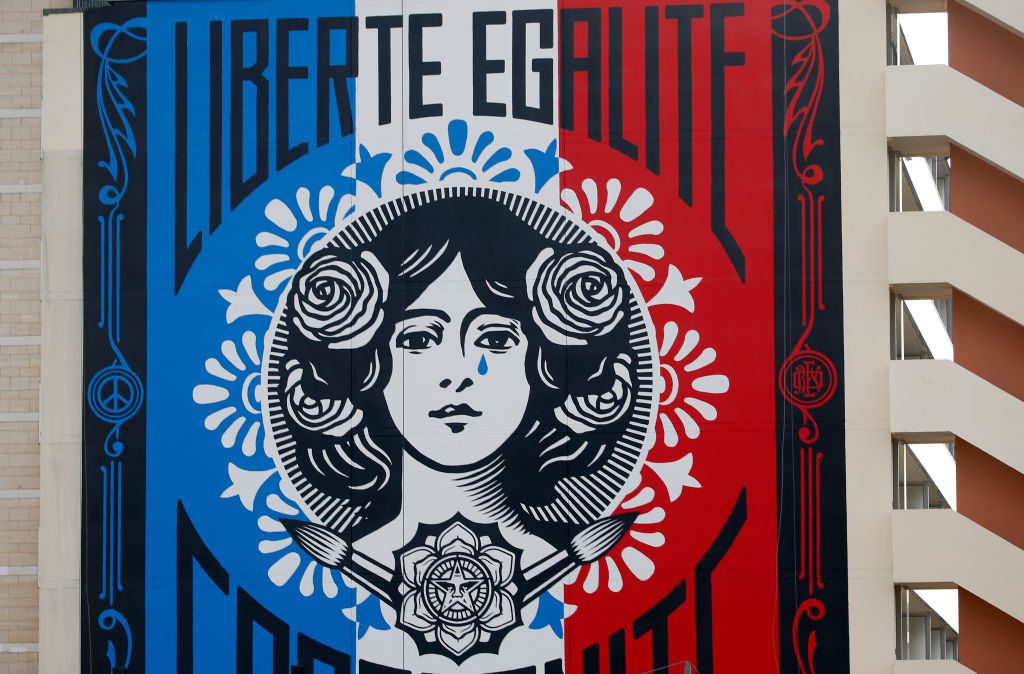Market
France Has Made Lockdown Exceptions for Auction Houses and Chocolate Shops. Now, a Gallery Association Is Suing for Being Excluded
Dealers say letting auction houses, but not galleries, remain open gives them an unfair competitive advantage.

Dealers say letting auction houses, but not galleries, remain open gives them an unfair competitive advantage.

A French gallery association is suing the government for unfair treatment after it was revealed that auction houses, but not galleries, could remain open during the country’s latest lockdown.
The trade association, Comité Professionnel des Galeries d’Art, made its case at an administrative hearing before France’s Council of State yesterday, arguing that galleries should be included in the list of establishments allowed to remain open to the public.
The case came about after president Emmanuel Macron announced a new four-week “light” lockdown beginning April 4. Most retailers deemed “non-essential” have been forced to shutter, although some exceptions were made for certain businesses, including bookshops, record stores, hairdressers, and chocolate shops.
While at first it appeared that both galleries and auction houses would have to close, late last month the president of the Conseil des Ventes, the regulatory authority for auction houses, gave notice that the government would in fact permit sale rooms to remain open with public safety restrictions in place.
Allowing galleries’ main competitors to remain open evoked the ire of art dealers, some of whom say the decision has created unfair competition in the market. The trade association brought the suit against the French state, the prime minister, and the health minister, and it was the latter who appeared in front of a judge to answer the suit.
The hearing did not go well, according to Marion Papllion, a gallerist and president of the Comité. “We were facing a health minister who does not understand our sector, and who you could almost say has a contempt for it,” she told Artnet News.
Papillon stressed that the situation is particularly urgent given that some 80 percent of French galleries saw a decline in income last year, with the heaviest losses suffered between March and May, which is usually a busy season for the market.
“In the end, the health minister could not give any valid response to this question of unfair competition. He just said: ‘This is how it is, you are retailers, we can’t allow more flows of people, end of discussion,'” Papillon says.
The presiding judge recalled in her opening statement that the Council of State has not given a favorable ruling in any of the previous cases concerning the cultural sector, and that she would ultimately side with concerns for the health situation.
“We’re not confident at all,” Papillon said. “Even if it has a negative outcome, we really need to denounce the incoherence of these decisions and the ignorance of our sector. It is a serious attack on the freedom of competition.”
Galleries play a vital cultural role in society, but are not being treated that way, Papillon added. “Bookstores are open; record stores are open, but not galleries? It’s unacceptable. You can’t just answer about the health question and pretend this is about not wanting people to be out shopping.”
The case continues today, when the health minister will present the sanitary measures that have been put in place by auction houses, as well as their visitor numbers. The judge will make a decision next week.